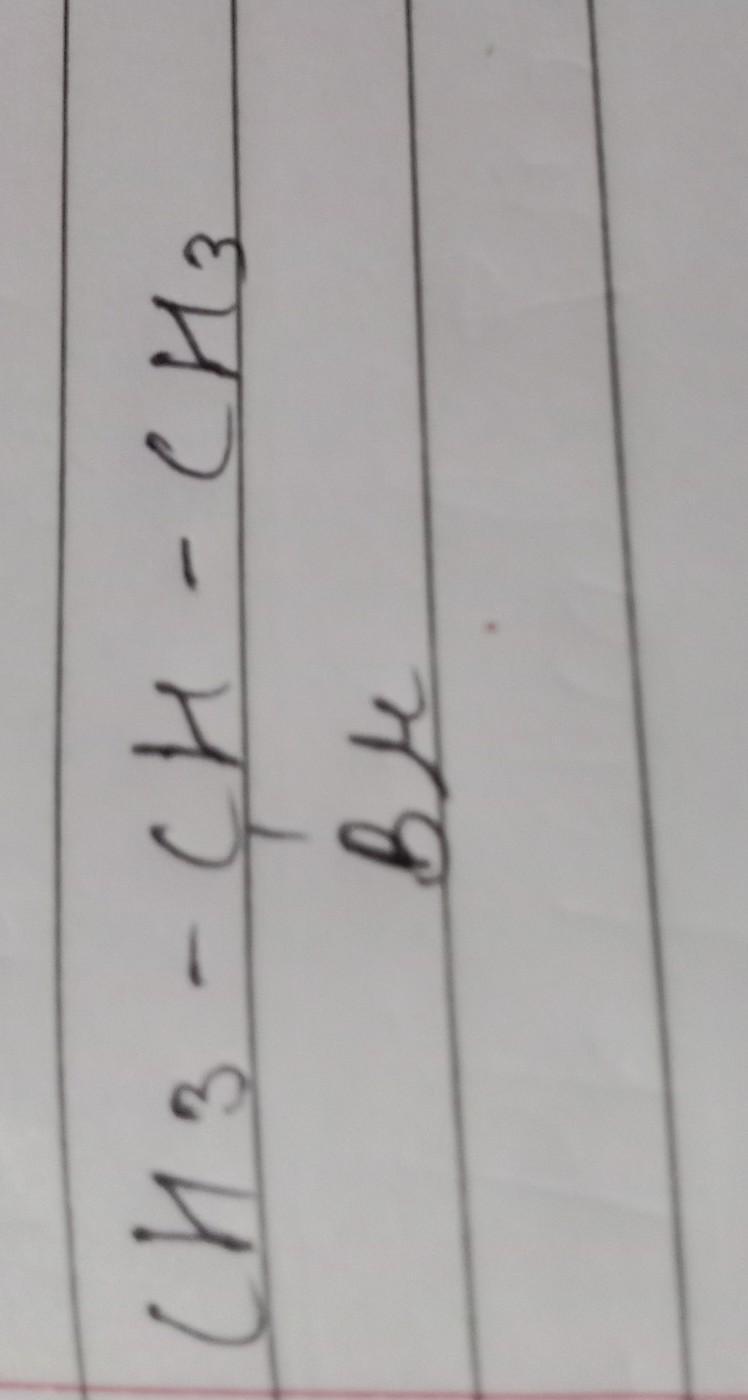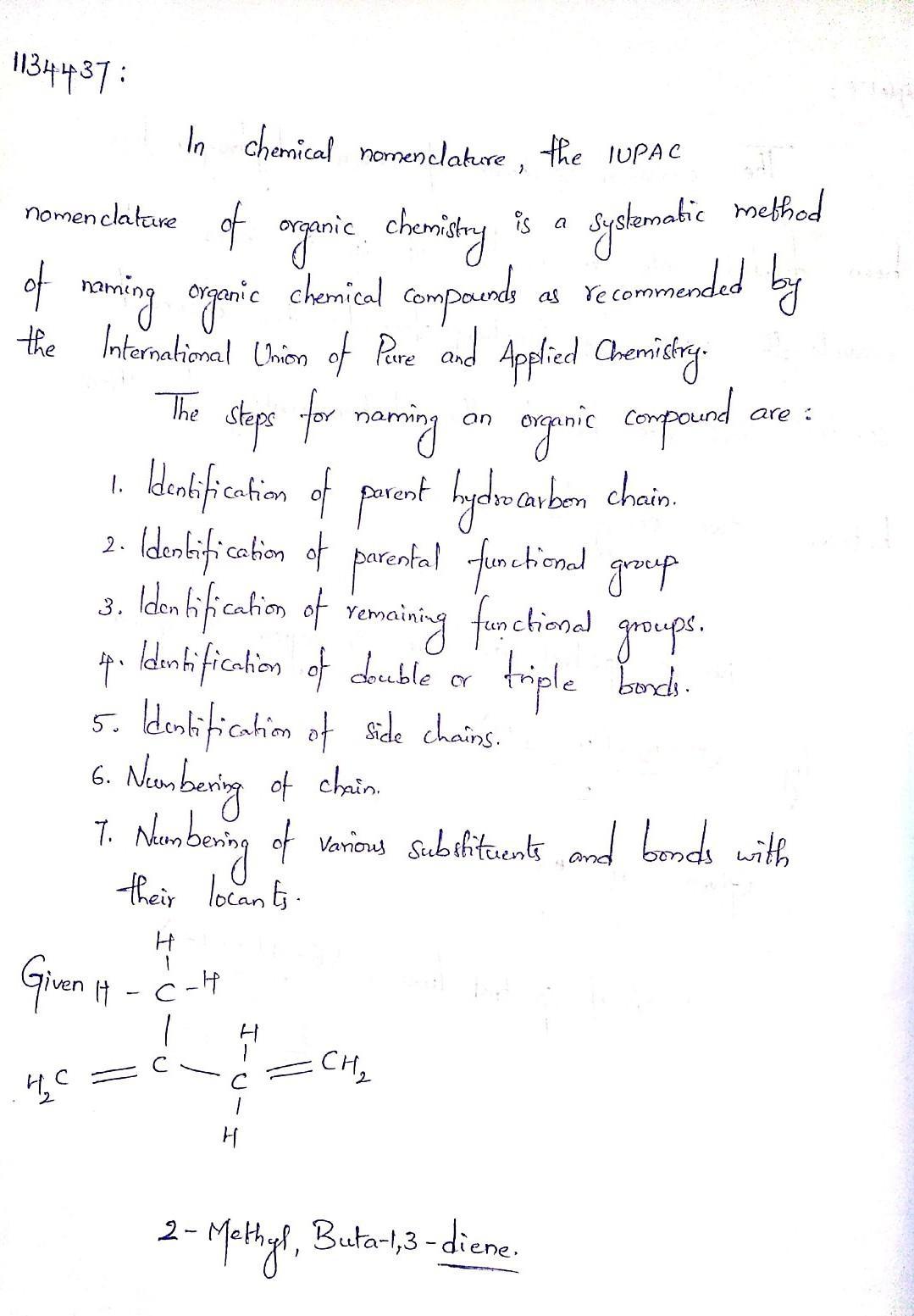Answer:
The State Must, Therefore, Possess The Essential Elements of State are-
1.Population,
2.Territory
3.Government
4.Sovereignty
1.Population is Essential Elements of State.
Two conclusions flow from the discussion on the meaning and nature of the state:
(I) that the State is a human institution the product of man’s gregarious nature and the result of necessities of human life, and
(2) population and land are the starting point of any study of man in his organized groups. It is the people who make the State; without them, there can be none. But the population must be large enough to make a State and sustain it.
The members of one single-family do not make a State. There should be a series of families. No limit, however, can be placed on the number of people constituting the State. The difference in population, other things remaining the same, does not make any difference in the State’s nature, although opinions as to its size have varied from time to time. Plato and Aristotle put definite limitations on the population of the State.Their ideal was the Greek City-State, like Athens and Sparta. Plato fixed the number at 5,040 citizens. Aristotle held that neither ten nor a hundred thousand could make a good State; both these numbers were extremes. He laid the general principle that the number should be neither too large nor too small. It should be large enough to be self-sufficient and small enough to be well-governed. Rousseau, the high priest of direct democracy, determined 10,000 to be the State’s ideal number.
The Modern Tendency is in favor of States with a huge population. It is believed that the workforce of the State must swell as the population is the sinews of war and power. Hitler, Mussolini’s government, gave bounties to couples producing children above a given minimum issue less, and unmarried persons were taxed. The erstwhile Soviet Union managed the grown other population.
2. Territory.
Some writers ignore territory as an element of the State.
Leon Duguit says,
“The word State designates the rulers or else the society itself m which the differentiation between rulers and ruled exists and m which, for that very reason, a public power exists”
August is chiefly interested in the differentiation between rulers and ruled, which occurs in almost all human societies, large or small, primitive or civilized. Then he tersely says that territory is not an indispensable element in the formation of a State.
Sir John Seeley, too
“does not regard territory as an essential attribute of the State.”
3. Government.
The purpose of living together cannot be realized unless they are properly organized and accept certain rules of conduct. The agency created to enforce such rules of conduct and to ensure obedience is called government. Government is the focus of the common purpose of the people occupying a definite territory. Through this medium, common policies are determined, common affairs are regulated, and common interests are promoted.
Without government, the people will be just a babel of tongues with no cohesion and means of collective action. They would divide themselves into groups, parties, and even warring associations, creating conditions of utter chaos and even civil war.
Therefore, there must be a common authority and a consequent order wherever people live. It is the prerequisite of human life, and, as such, the government is an essential element of the State. The State can not exist without a government, no matter what form a government may assume.
4. Sovereignty.
The sovereignty of the State is its most essential and distinguishable feature. As people inhabiting a definite portion of territory and having a government do not constitute a state. They must be internally supreme and free from external control. The sovereignty of the State has two aspects, internal sovereignty, and external sovereignty. Internal sovereignty is the State’s monopoly of authority inside its boundaries.
This authority cannot be shared with any other State, and none of its members within its territory can owe obedience to any other State. If the State admits no rival within its own territory, it logically follows that it has no authority outside its own territory.
Each State is independent of Other States. Its will is its own, unaffected by the will of any other external authority. This clarifies the meaning of external Sovereignty.
Every State, their fore must have its population, a definite territory, a duly established government, and Sovereignty. The absence of any of these elements denies It the status of Statehood. Accordingly, the term “State” is generally used for the twenty-five units of the Indian Republic. Any one of the fifty States, which make the United States Of America, is a misnomer.
None of them is sovereign. They possess the elements of population, territory, and government. They are autonomous in their own spheres of jurisdiction, But autonomy is not sovereignty, and lack of sovereignty does not entitle them to be ranked as States.


